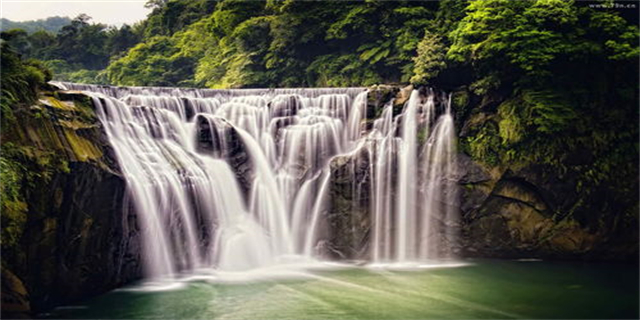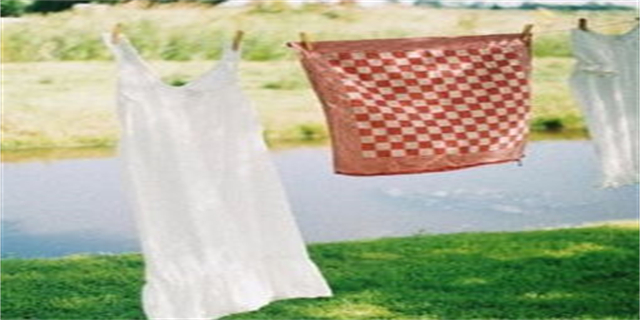freshwater crocodiles(Exploring the World of Freshwater Crocodiles)

Exploring the World of Freshwater Crocodiles
Freshwater crocodiles are an interesting species of crocodiles that are found primarily in freshwater habitats. They are similar to saltwater crocodiles, but smaller in size, and have adapted to living in less salty water environments. In this article, we will delve into the world of freshwater crocodiles and learn more about their physiology, behavior, and conservation status.
The Physiology of Freshwater Crocodiles
The average size of adult freshwater crocodiles varies from 1.5 to 3 meters in length and they weigh about 70-100 kg. The body structure of freshwater crocodiles is similar to other crocodile species. They have a long snout, sharp teeth, and a powerful jaw. Freshwater crocodiles also have webbed feet that make swimming easier, and their claws are short and blunt to aid in walking on land. They have a unique and distinct coloration that makes them stand out from other crocodile species. Freshwater crocodiles have a light beige or brown color on their back and tail, while their sides are covered with dark stripes that help them blend in with their environment.
The Behavior of Freshwater Crocodiles
Freshwater crocodiles are solitary creatures and territorial by nature. They live in freshwater environments such as rivers, swamps, and billabongs. They prefer warmer climates and bask in the sun during the day. Freshwater crocodiles are active hunters and feed primarily on fish, but also eat small mammals, birds, and reptiles. They have excellent eyesight and can sense vibrations in the water that help them locate prey. Freshwater crocodiles are also known for their social behavior. During the breeding season, males attract females by using a variety of sounds and displays. Females lay eggs in shallow nests on the banks of rivers or lakes. The eggs hatch after 70-80 days and the newborn crocodiles stay with their mother for several months before becoming independent.

Conservation Status of Freshwater Crocodiles
Freshwater crocodiles were once hunted extensively for their skin and meat, which led to a significant decline in their populations. Today, freshwater crocodiles are listed as a species ofleast concern by the International Union for Conservation of Nature (IUCN). The species has made a remarkable recovery after being protected from hunting and habitat destruction. They are also bred in captivity in some parts of Australia for commercial purposes. Conservation efforts to protect freshwater crocodiles include habitat protection, law enforcement, public awareness campaigns, and captive breeding programs.
In conclusion, freshwater crocodiles are a fascinating species that play an important role in their ecosystem. They have unique characteristics and behaviors that make them stand out from other crocodile species. We must continue to protect and conserve freshwater crocodiles for future generations to enjoy.












